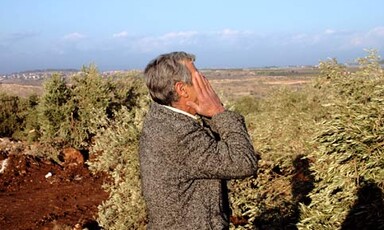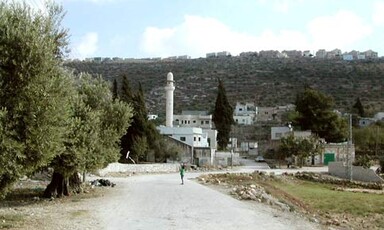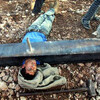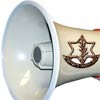
LIVING WAR: Reporting on Struggles for Social Justice in Lebanon
8 June 2005
Stefan Christoff will be the Electronic Intifada’s Special Correspondent in Lebanon throughout the summer of 2005. Between June & September 2005, Christoff, an independent journalist and community organizer in Montreal, will travel to Lebanon to produce written, audio, and visual reports on present-day struggles for social justice in Lebanon. Christoff will also be producing regular radio reports for Free Speech Radio News and recording material for a radio documentary series to be produced at CKUT Radio in Montreal and distributed to community radio stations throughout the world in the fall of 2005. Read more about LIVING WAR: Reporting on Struggles for Social Justice in Lebanon








